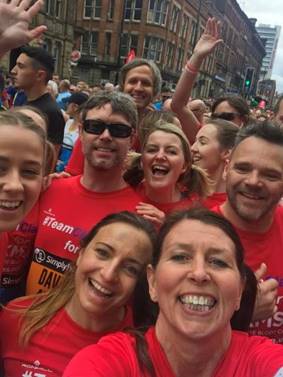
DKMS is urging people in Cheshire this Blood Cancer Awareness Month (1-30 September 2020) to register as blood stem cell donors.
Lifesaving registrations in Cheshire made up 10% of those in the North West during lockdown, while the rest of the North West has seen an increase of 24% since the same time the previous year. There is an urgent need for registrations to help meet the demand and reverse the shocking decline in new registrations in recent times and potentially help save a life.
The charity recently challenged 1,000 people from across the UK on their knowledge and awareness of blood stem cell donation. This was in a bid to encourage the nation to rally together to help combat the impending influx of new blood cancer cases caused by a delay in diagnoses from Covid-19. DKMS is seeing a worrying increase in the gap in supply of blood stem cell donors and the demand for a blood stem cell transplant, even more so than before the lockdown.
Every 20 minutes someone in the UK is diagnosed with a blood cancer, and unbeknown to 61% of people in the North West, it is the third most common cause of cancer death in the UK. A stem cell transplant can be the last hope of survival for patients and during the coronavirus outbreak, it is even more important to offer hope to people with devastating blood cancers and blood disorders, whose lives have also been harmed by the pandemic.
The survey found that while people in the North West want to help people with blood cancer, there is still widespread confusion and uncertainty about what blood stem cell donation is and what it entails which is holding people back. Over half of respondents (55%) admitted to not knowing that blood stem cell donation can be an effective treatment for people with blood cancer and while 76% said they would definitely donate their blood stem cells to help save a life, less than 1% of people in the North West have registered to become a blood stem cell donor during the pandemic, showing a gap in action, intention and awareness.
A blood stem cell donation from a genetically similar person can offer a second chance at life for those in need. Only 1 in 3 people with blood cancer (and in need of a transplant) will find a matching blood stem cell donor within their own family which means that 2 in 3 need to look outside of this and rely on an altruistic stranger to help give them more time with their family.
Among the biggest misconceptions, over two thirds (70%) of people think the donation process is invasive, over half (58%) believe the process is difficult and painful (62%) and almost a third (31%) wrongly think the majority of donations involve a needle in the spine.
In reality around 90% of all donations are made through a method called peripheral blood stem cell (PBSC), which is similar to the process of giving blood. In this method, blood is taken from one of the donor’s arms and a machine extracts the blood stem cells from it. The donor’s blood is then returned to them through their other arm. This is an outpatient procedure that is usually completed in 4-6 hours.
In just 10% of cases, donations are made through bone marrow collection and contrary to what people think, bone marrow is not extracted from the spine, but from the pelvic bone using a special thin sterile needle. This is under general anaesthetic and some donors may experience pain afterwards. With over half the population (55%) thinking blood stem cell donation could endanger their health, they should feel motivated to take the first steps and register by knowing that blood stem cells regenerate within 2 weeks – so it’s a small price when it comes to potentially saving a life.
DKMS Donor Recruitment Manager, Louise Clague (50 years old), from Cheshire joined the fight against blood cancer and is on a mission to register as many potential blood stem cell donors as possible after her husband, Andy Clague, died in December 2017, aged 46, following a two-year battle with non-Hodgkin’s lymphoma.
Louise said: “Raising awareness of blood cancer and how people can become potential blood stem cell donors has partly been my way of dealing with grief and having something where you feel like you’re making a difference. I have a son and a daughter who are now 14 and 17 who have lost a dad. You don’t want other people to go through the same ordeal.
A lot of people think it will happen to somebody else and we were definitely in that camp, but then we are testament to that not being the case. Andy was as fit as the proverbial butcher’s dog, he used to cycle over 5,000 miles a year on his bike. We were referred to as the ‘fit family’ and we have no history of the condition in the family but it happened to us. So that is part of the message, it could be you and if it happened to you and your family, would you give your blood stem cells? I think a lot of people would and I think people haven’t signed up yet because they’ve never come across the condition. If they realised how straightforward it is to register and understand what it can do to help save a life - why wouldn’t they want to do it.”

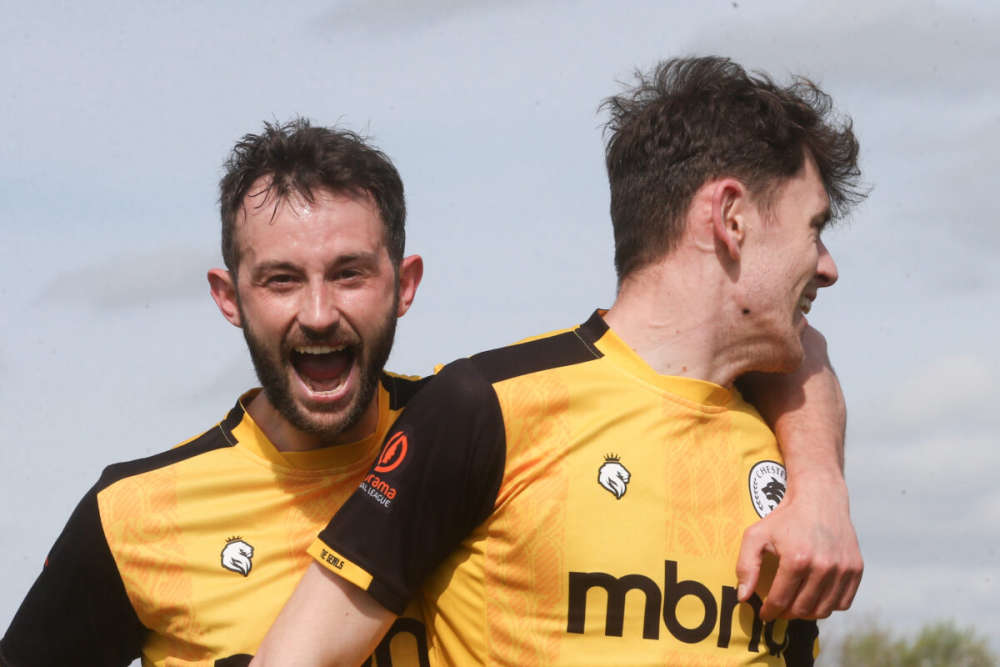 MATCH PREVIEW - CHESTER FC v DARLINGTON
MATCH PREVIEW - CHESTER FC v DARLINGTON
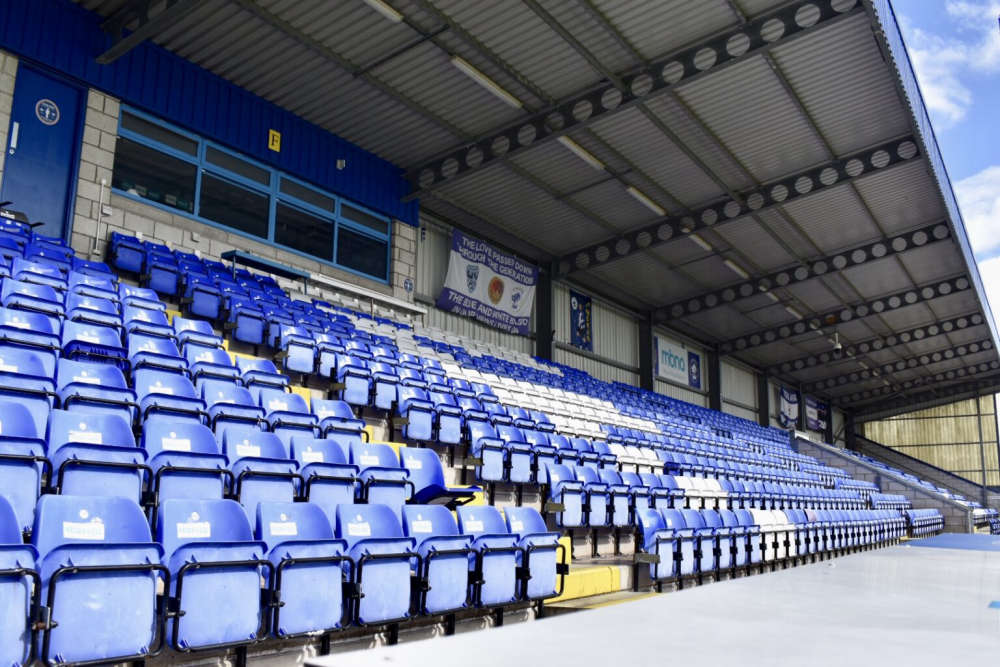 CHESTER FC STATEMENT
CHESTER FC STATEMENT
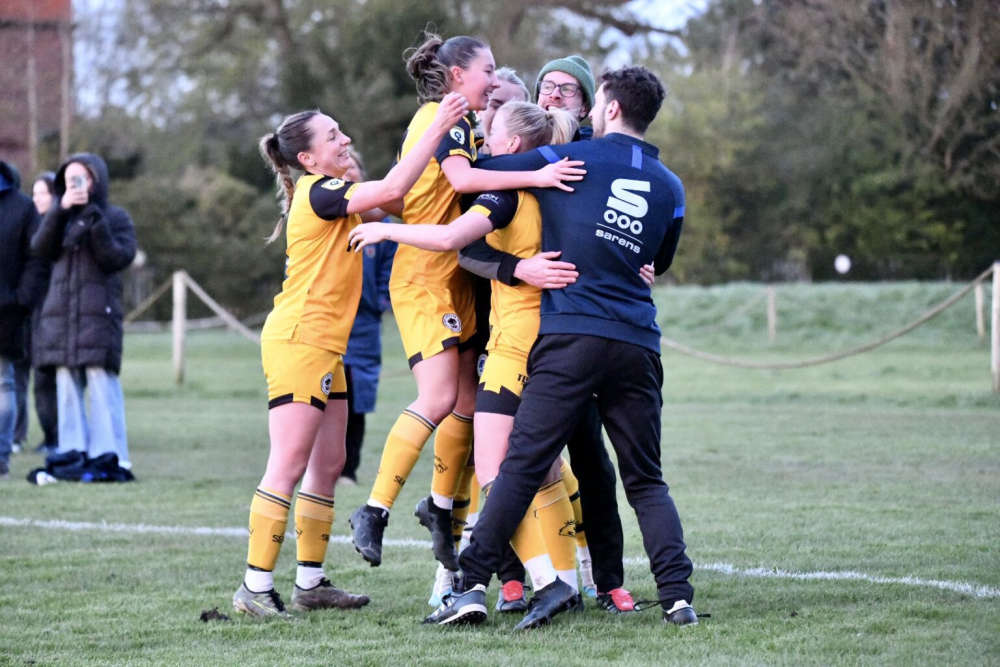 MATCH REPORT: ELLESMERE PORT TOWN 3 - 4 CHESTER WOMEN
MATCH REPORT: ELLESMERE PORT TOWN 3 - 4 CHESTER WOMEN
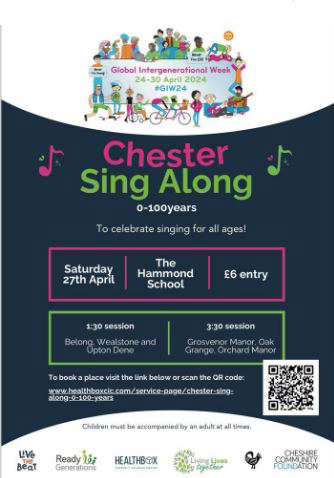 People in Chester are invited to join a singing celebration to mark Global Intergenerational Week
People in Chester are invited to join a singing celebration to mark Global Intergenerational Week
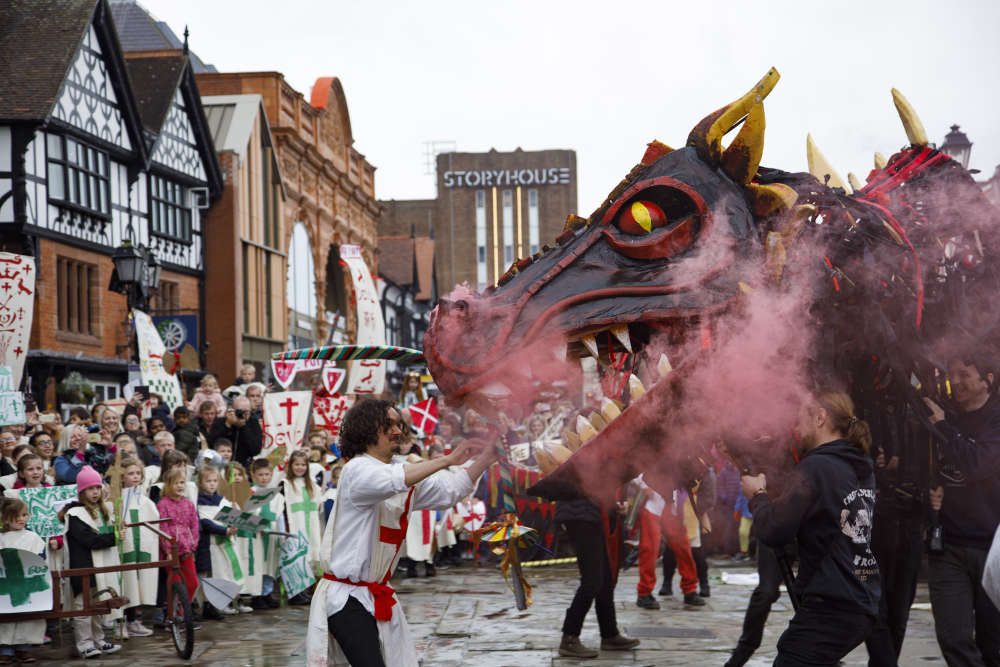 St George returns to Chester on Tuesday 23rd April
St George returns to Chester on Tuesday 23rd April
 Man jailed for stalking Chester MP
Man jailed for stalking Chester MP
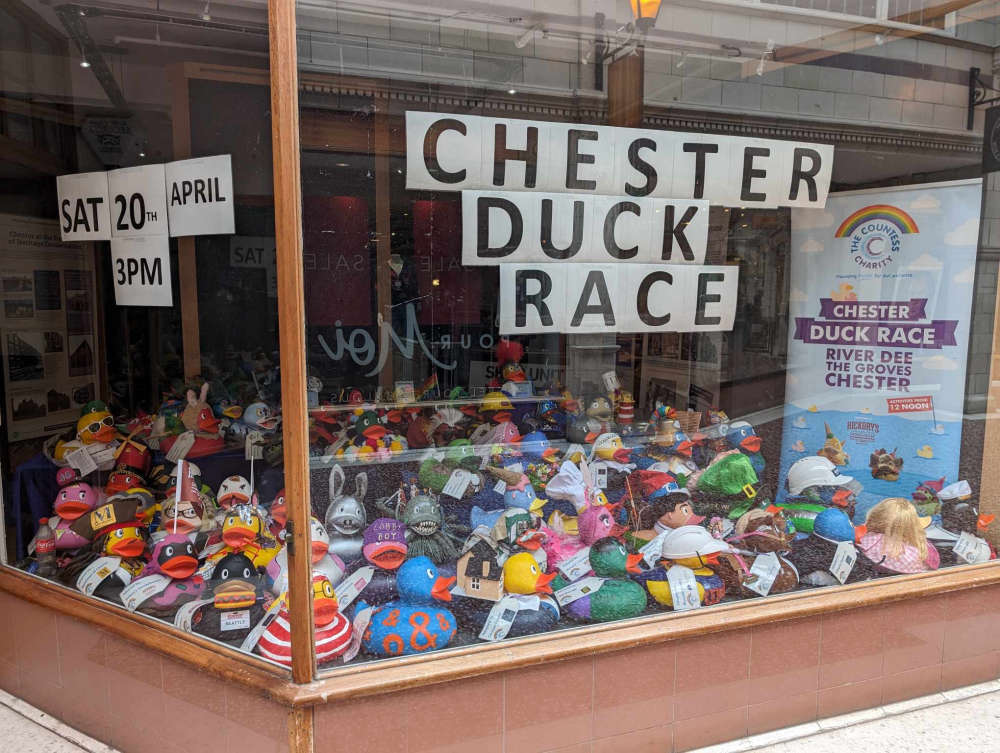 Hundreds of well-dressed ducks gear up for Chester Duck Race
Hundreds of well-dressed ducks gear up for Chester Duck Race
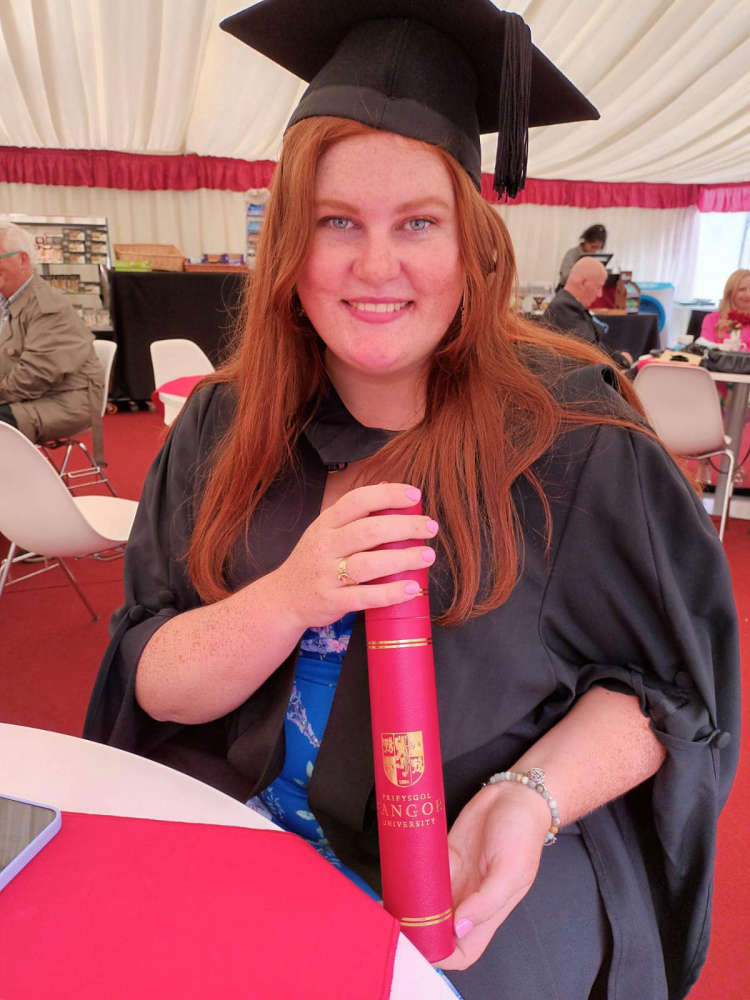 Police appeal for witnesses to fatal collision in Elton as family pay tribute
Police appeal for witnesses to fatal collision in Elton as family pay tribute
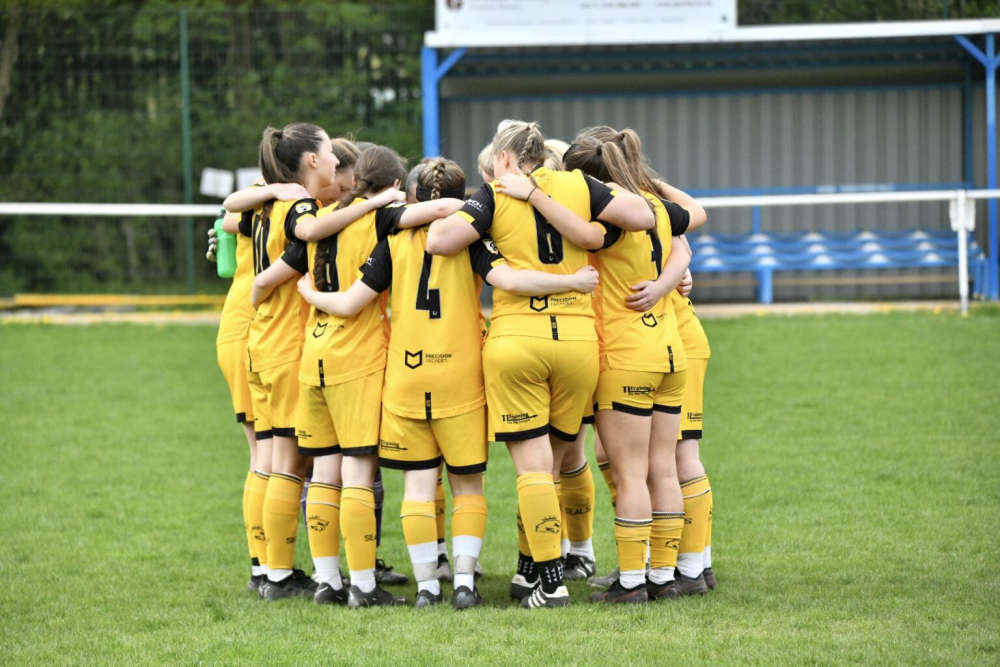 MATCH REPORT: WYTHENSHAWE 4 - 2 CHESTER FC WOMEN
MATCH REPORT: WYTHENSHAWE 4 - 2 CHESTER FC WOMEN
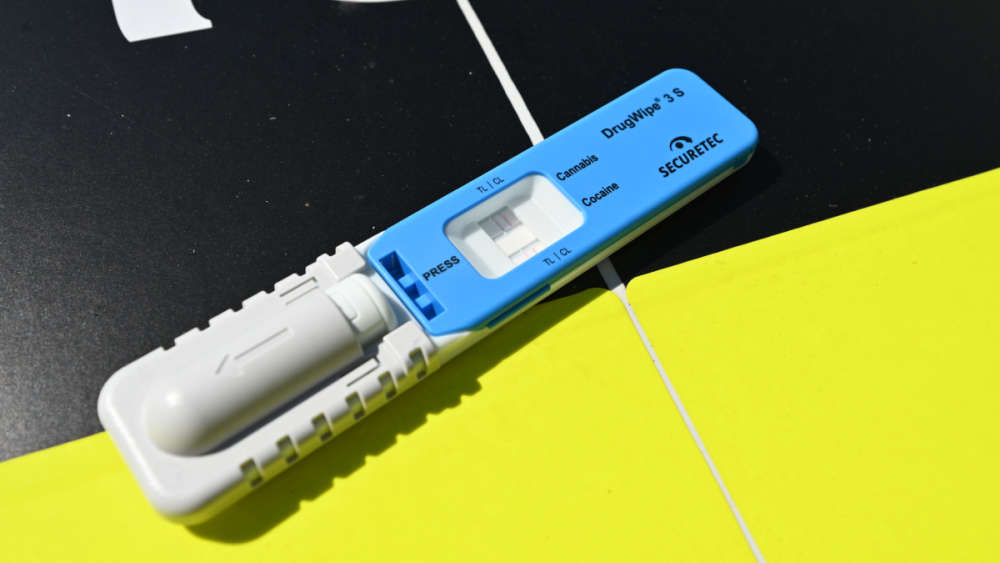 Cheshire Police among top performing forces for tackling drink and drug driving
Cheshire Police among top performing forces for tackling drink and drug driving
 ROLES UP FOR GRABS AS CURTAIN SET TO RISE ON THEATRE COMPANY'S NEW PLAY
ROLES UP FOR GRABS AS CURTAIN SET TO RISE ON THEATRE COMPANY'S NEW PLAY
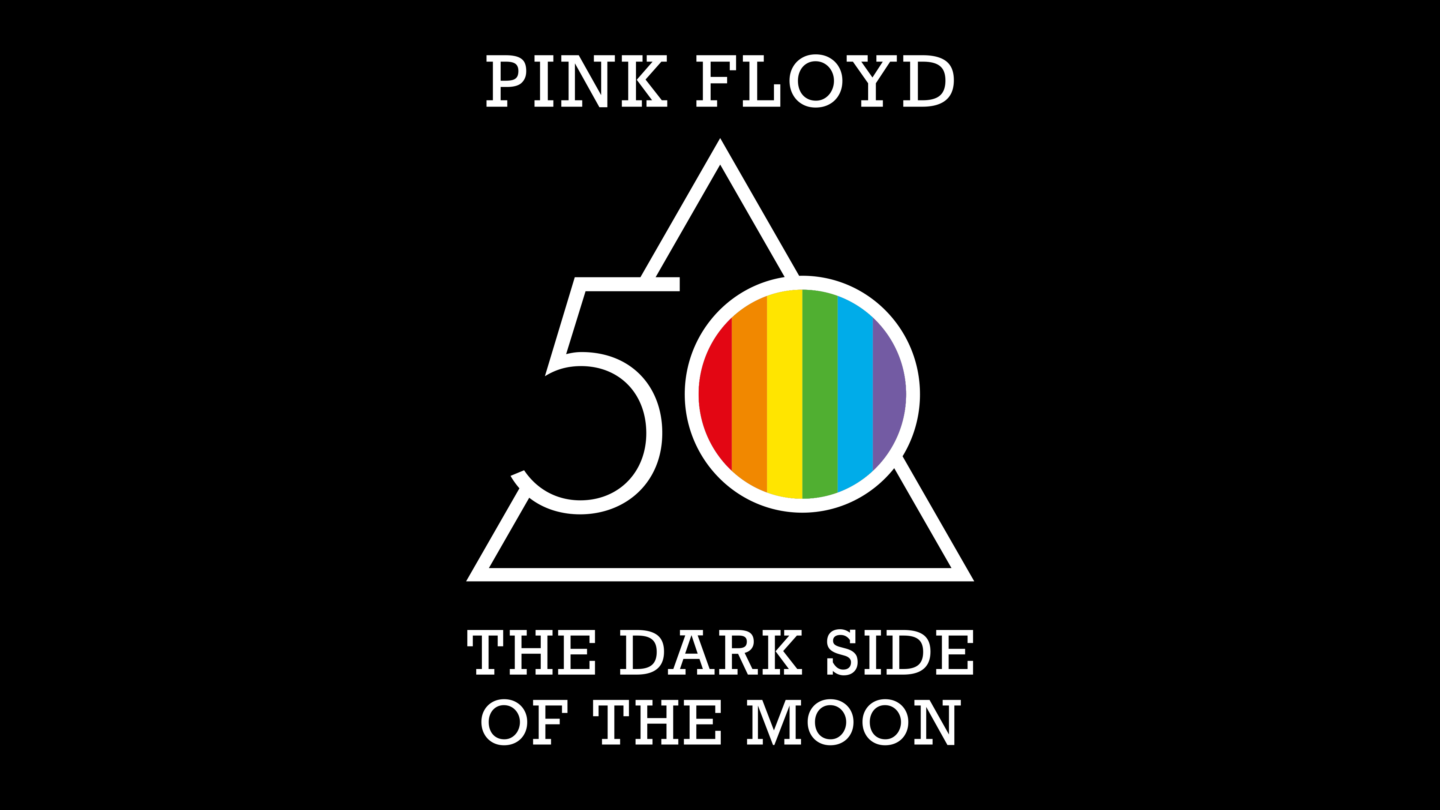 Pink Floyd: The Dark Side of the Moon returns to Jodrell Bank
Pink Floyd: The Dark Side of the Moon returns to Jodrell Bank
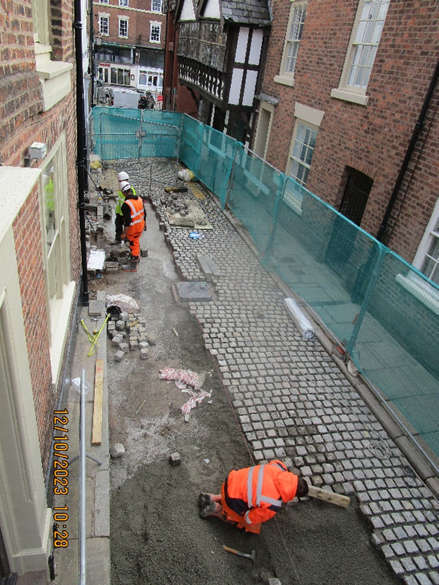 Welsh Water presents to Chester Residents Associations about pollution in the River Dee
Welsh Water presents to Chester Residents Associations about pollution in the River Dee
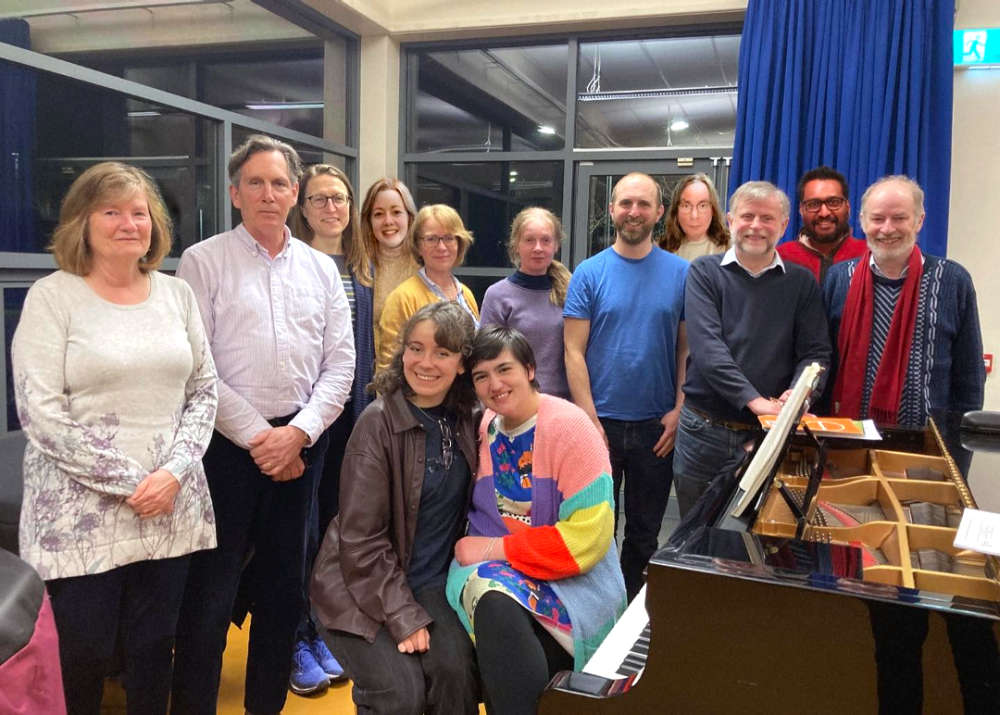 SOLOISTS SET TO SHINE DURING SPECIAL CHESTER PERFORMANCE OF HANDEL'S MESSIAH
SOLOISTS SET TO SHINE DURING SPECIAL CHESTER PERFORMANCE OF HANDEL'S MESSIAH
 Chester and Wirral Football League - Latest Results
Chester and Wirral Football League - Latest Results
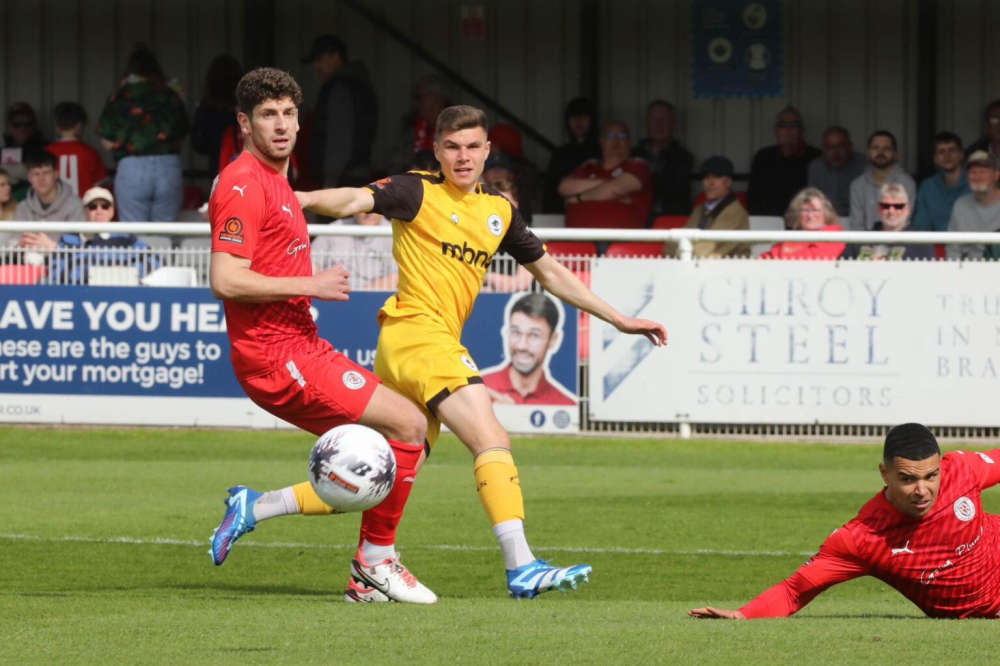 BLUES MATCH REPORT - BRACKLEY TOWN 3 - 1 CHESTER FC
BLUES MATCH REPORT - BRACKLEY TOWN 3 - 1 CHESTER FC
 Inspired Villages complete a 7,500-Mile Charity Cycling Challenge in aid of PROSTaid UK
Inspired Villages complete a 7,500-Mile Charity Cycling Challenge in aid of PROSTaid UK
 Jail term for man who stalked Chester's MP
Jail term for man who stalked Chester's MP
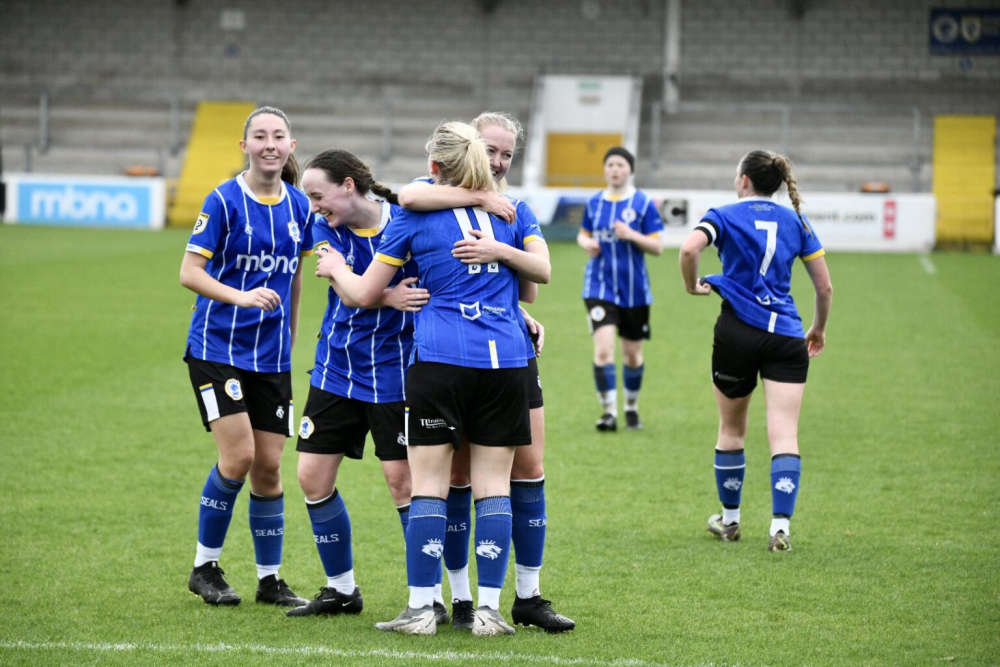 CFCW MATCH PREVIEW: WYTHENSHAWE v CHESTER FC WOMEN
CFCW MATCH PREVIEW: WYTHENSHAWE v CHESTER FC WOMEN
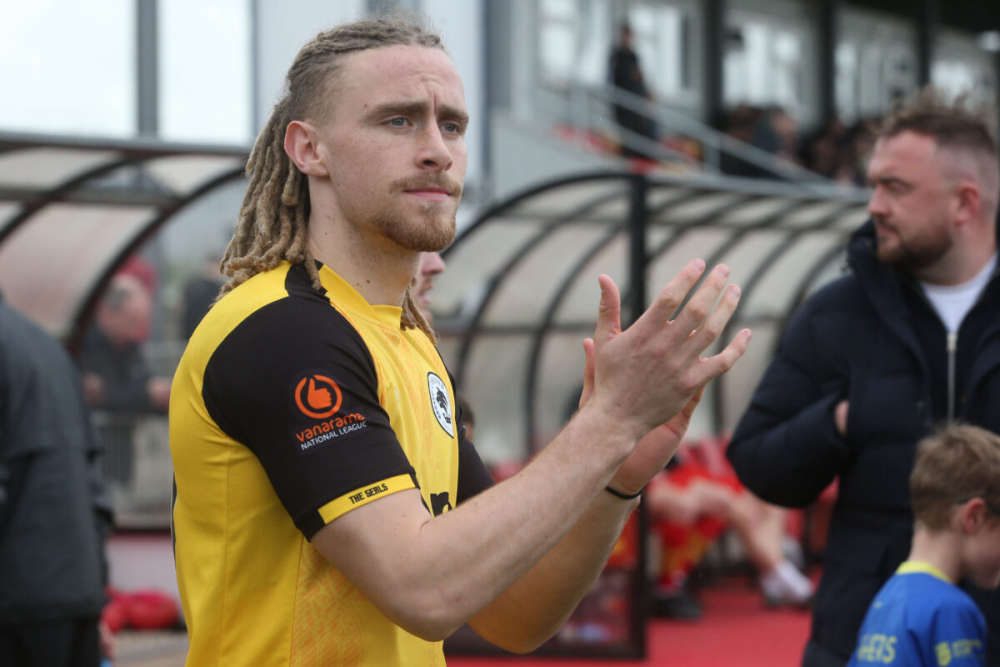 BLUES MATCH PREVIEW: BRACKLEY TOWN v CHESTER FC
BLUES MATCH PREVIEW: BRACKLEY TOWN v CHESTER FC